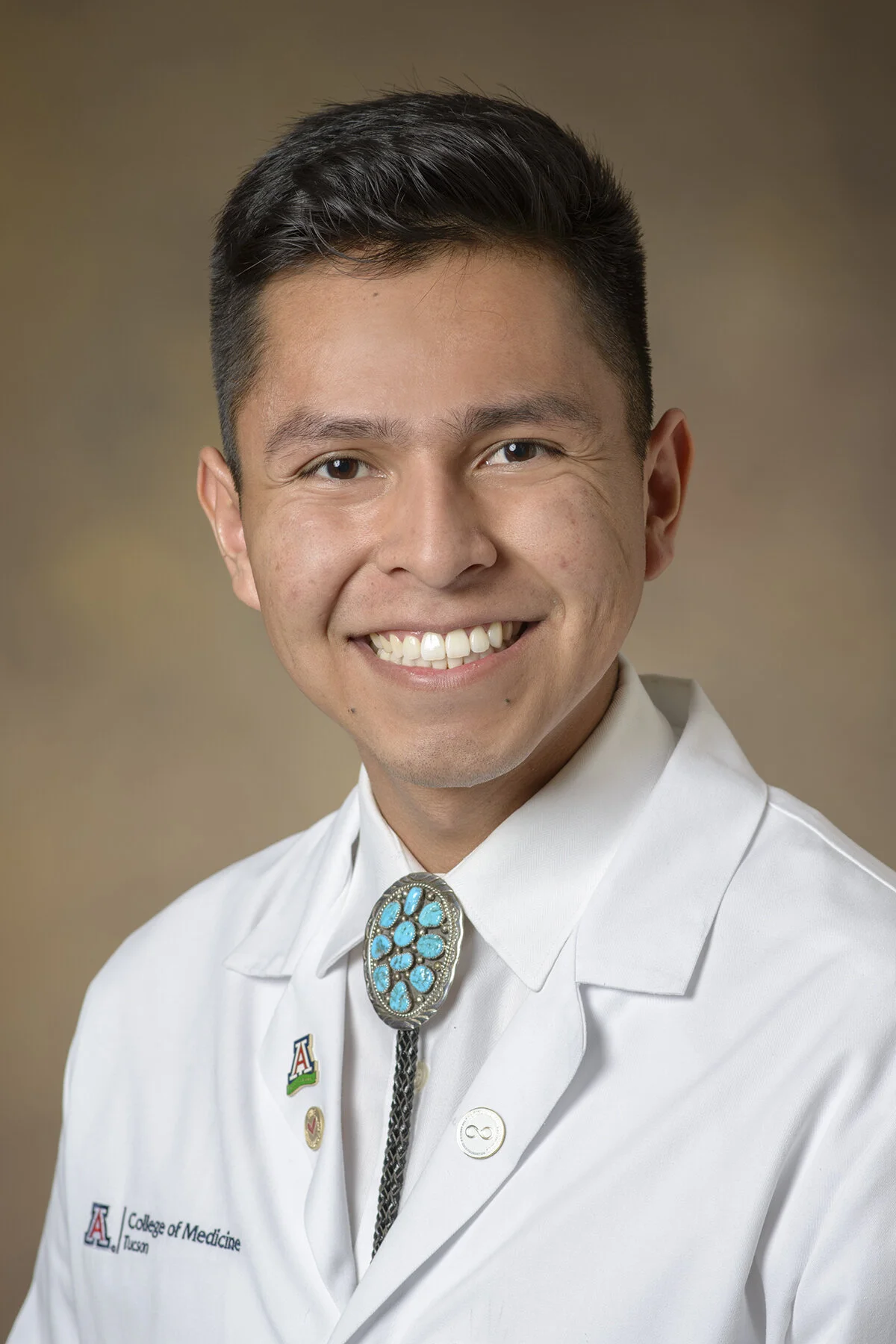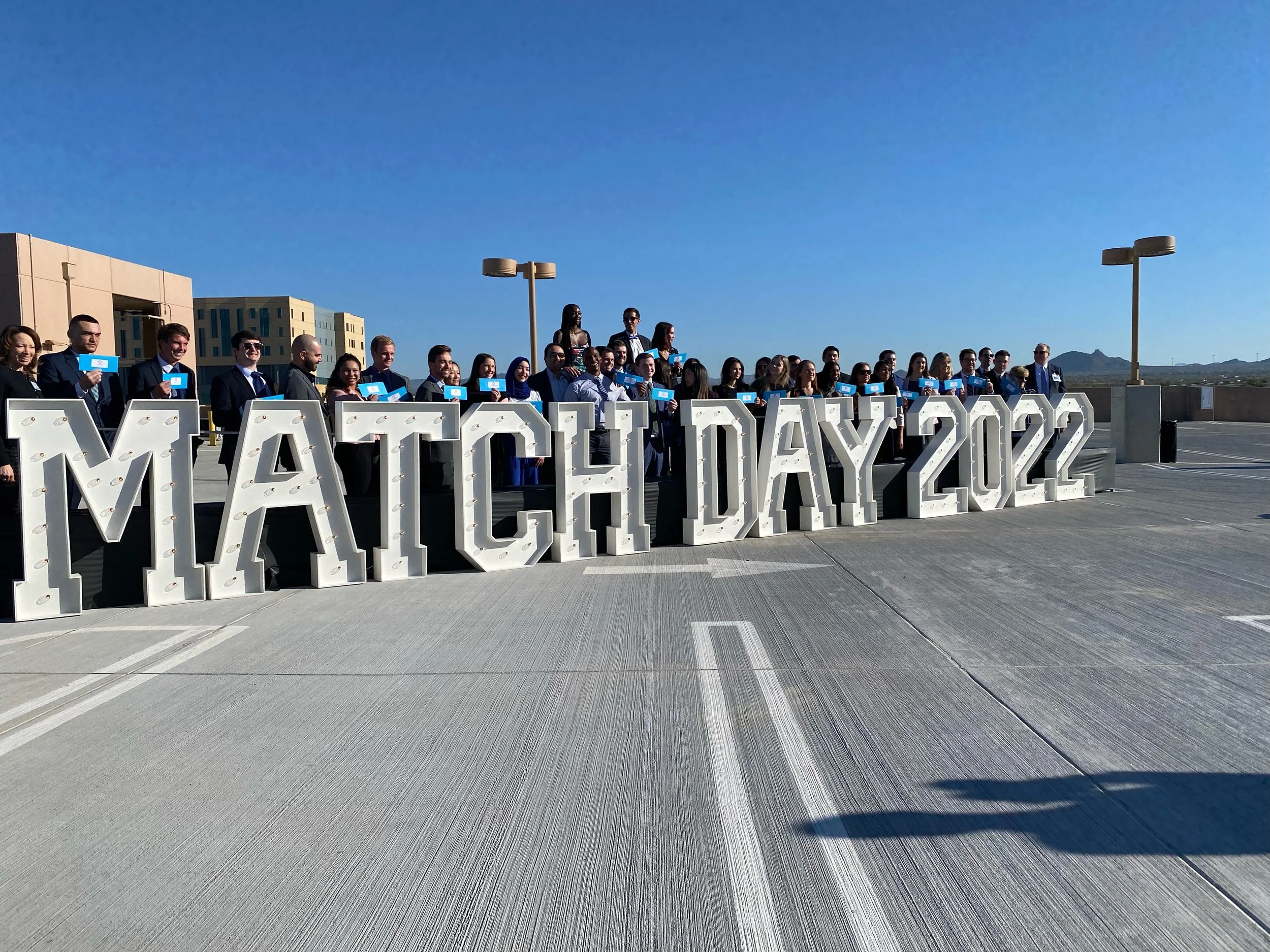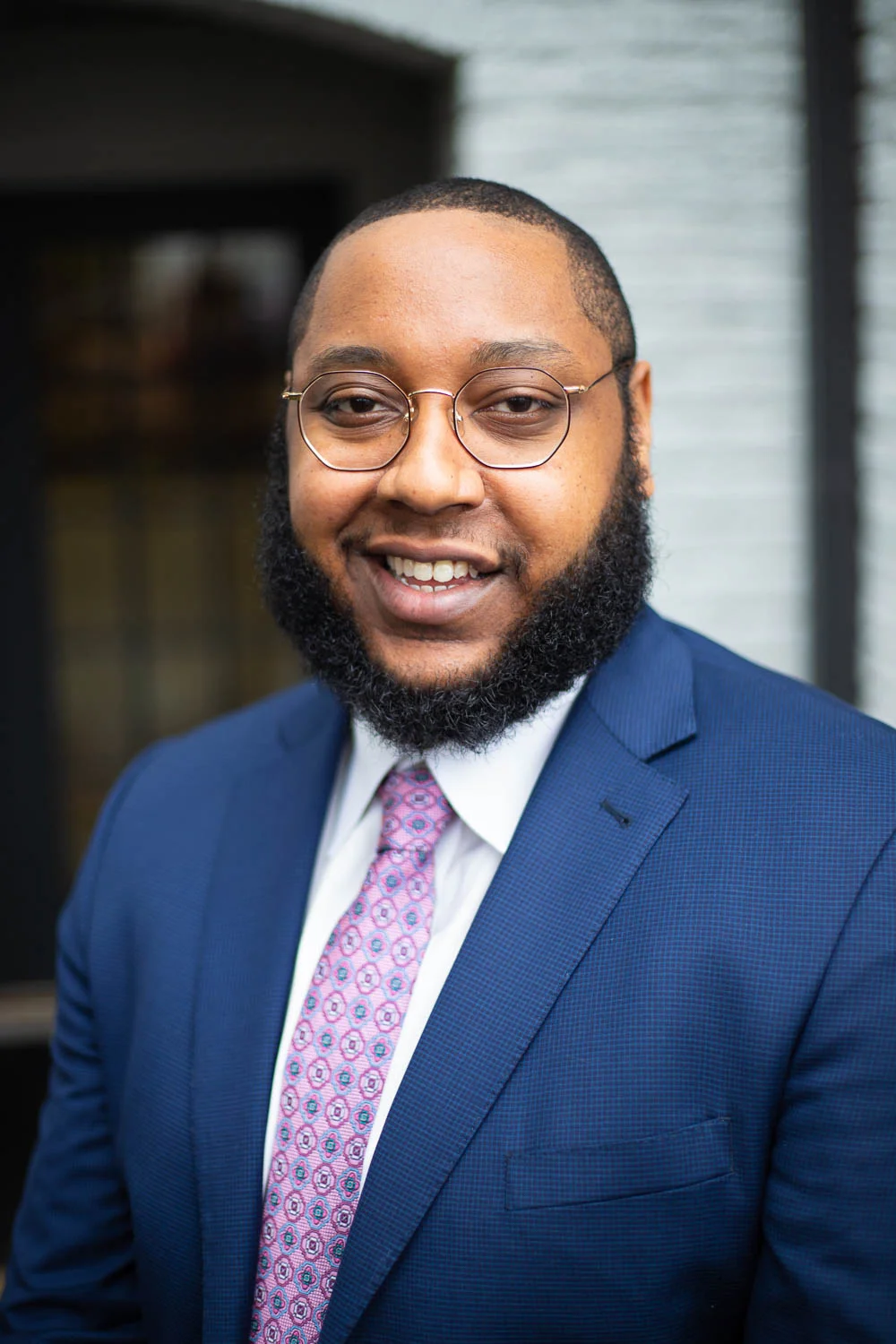ElevateMeD Talk: Native Health Disparities with Dr. Aaron Bia
Addressing Health Disparities Affecting Native/Indigenous Communities
About the Panel
ElevateMeD exists to promote physician workforce diversity as a tangible step in the eradication of health disparities. Native communities, while rich in history and contribution, are disproportionately impacted by inequities related to health and access to healthcare. On November 7th, Dr. Aaron Bia moderated and led a conversation with Dr. Blair Matheson, Dr. Jennifer Erdrich, and Dr. Megan Corn on the opportunities for impact and change ranging from workforce to disease management as we seek to promote health equity for Native and Indigenous communities.
Through this important conversation, we hope that you are more aware of the array of health inequities that plague our Native/Indigenous communities along with the challenges endured being underrepresented in the physician workforce. ElevateMeD will continue to promote health equity through raising awareness of the challenges faced and the gaps we are actively filling.
To learn more and join ElevateMeD in addressing health disparities, visit elevatemed.org/friends.
MODERATOR
Dr. Aaron Bia, Family Medicine physician at Navajo Indian Health Service and 2020-21 ElevateMeD Scholar
PANELISTS
Dr. Blair Matheson, Trauma Surgeon and President at Association of American Indian Physicians
Dr. Jennifer Erdrich, Surgical Oncologist at University of Arizona
Dr. Megan Corn, resident OB/GYN physician at Stanford University and 2022-24 ElevateMeD Scholar
Dr. Aaron Bia
Navajo Indian Health Service
Family Medicine Physician
Moderator & 2020-21 ElevateMeD Scholar
Dr. Aaron Bia, M.D. is a member of the Navajo Nation from Canyon De Chelly, AZ. Dr. Bia is a Family Medicine physician and completed his residency from the University of Utah in 2024. He has a great passion for rural and tribal medicine, which came from his grandfather who is a traditional healer. Throughout his medical journey, Dr. Bia always had a natural desire to grow with his patients and to care for families. Dr. Bia will be starting his medical practice with the Navajo Indian Health Service to heal and serve his native community.
Dr. Blair Matheson
Association of American Indian Physicians,
Board President
General Surgery & Emergency Medicine Physician
specializing in Trauma
Panelist
Dr. Thomas “Blair” Matheson (Cherokee) is a medical director for National Medical Resources, a firm that provides Locum Tenens physician, physician assistant, and nurse practitioner staffing. A North Dakota resident, Dr. Matheson primarily serves rural Native American populations. His practice is in general surgery and emergency medicine with a specialization in trauma. Dr. Matheson currently serves as the board president of the Association of American Indian Physicians, which his father, Dr. Thomas Matheson helped found in 1971, and as a member of the SAIO 50th Anniversary steering committee. Dr. Matheson both serves as an arena doctor and competes in team roping and senior breakaway for the Indian National Finals Rodeo. In addition to his Stanford degree, Dr. Matheson holds an M.D. from the University of Oklahoma. He completed his residency in general surgery at Maricopa County Hospital and the University of Tennessee, Knoxville and his residency in family practice at the University of Oklahoma.
Dr. Jennifer
Erdrich
University of Arizona Department of Surgery, Assistant Professor
Surgical Oncology Physician
Panelist
Dr. Erdrich is a practicing surgeon at the University of Arizona, specializing in operations for melanoma, sarcoma, and breast cancer. She completed her education and training at Stanford, Harvard, and Cedars-Sinai Medical Center. Her research is focused on cancer prevention and control, particularly for Native Americans. Her paternal family is Turtle Mountain Ojibwe. She strives to expand the surgical oncology resources available to local tribal communities through multidisciplinary approaches that leverage innovation and teamwork.
Dr. Megan
Corn
Stanford University
OB/GYN Resident Physician
Panelist & 2022-24 ElevateMeD Scholar
My name is Megan Corn. Growing up I lived in Oklahoma, Texas, New Mexico, Arizona and now my family calls Spokane, Washington home. I’m an enrolled member of the Chickasaw Nation with ancestry in the Cherokee and Choctaw Nations as well. I attended college at California Polytechnic in San Luis Obispo where I majored in Biology and minored in Biotechnology and Spanish. I then went on to the University of North Dakota for medical school. During medical school, I was able to focus on Indigenous health and work closely with the American Indian population of the state. My interests include identifying and mitigating health disparities among marginalized populations.











































Sarah Rasmussen-Rehkopf discusses access to healthcare in rural areas, why she is pursuing primary care, and making the path to medical education more accessible.